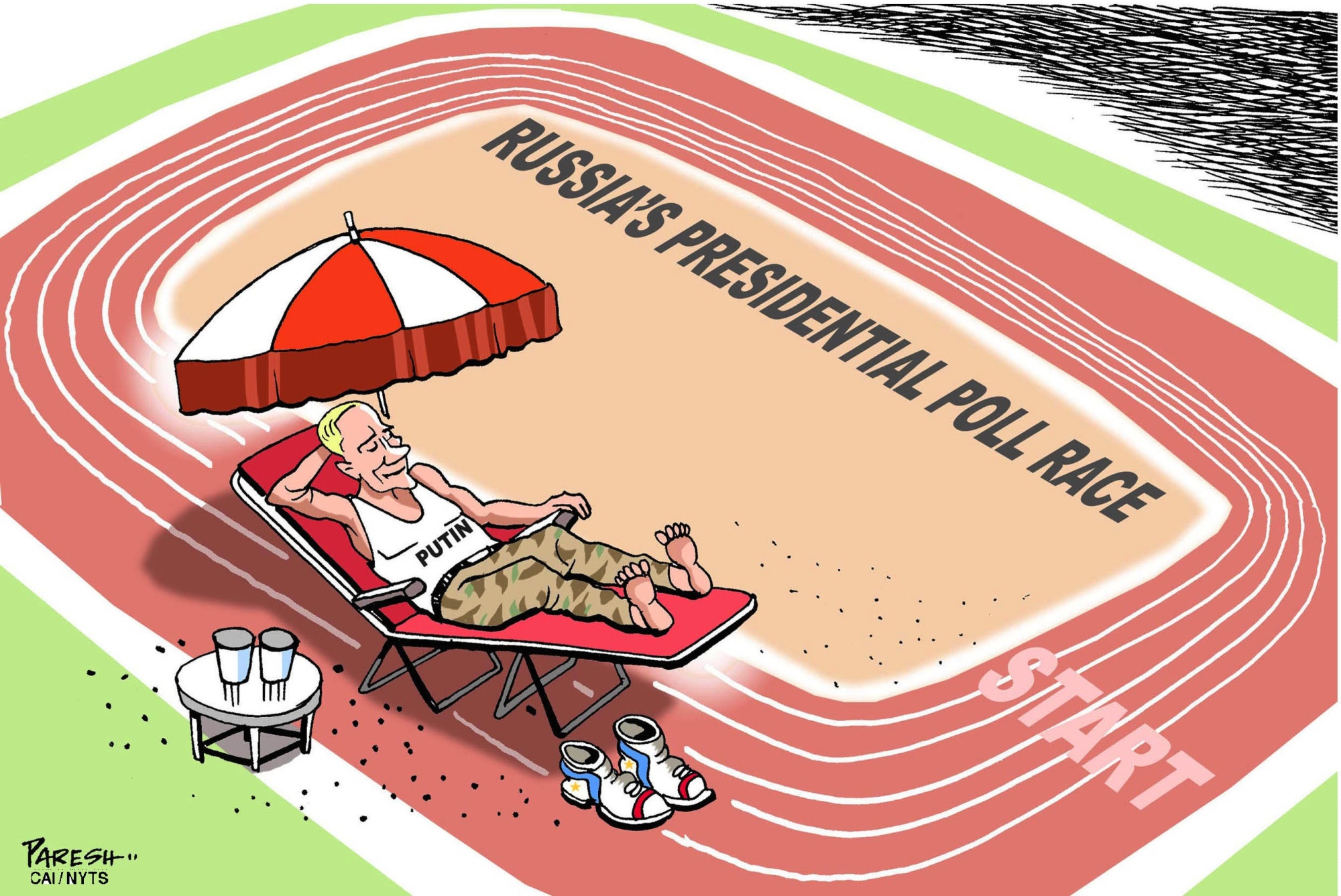It's puzzling that President Vladimir Putin of Russia is held in high regard by democratic leaders of every shade of politics. Alex Salmond, the nationalist former first minister of Scotland — who called for the impeachment of Britain's former Prime Minister Tony Blair for crimes against humanity in Iraq — regards Putin as having restored Russian national pride. Gerhard Schroeder, former Social Democrat chancellor of Germany, celebrated his 70th birthday with the Russian president at a costly banquet in St. Petersburg in April 2014.
In last year's French presidential elections, three of the candidates — Marine le Pen of the far-right, Francois Fillon of the center-right and Jean-Luc Melenchon of the far-left — also expressed admiration for Putin. Silvio Berlusconi, three times prime minister of Italy and now the favorite to win next month's parliamentary elections as leader of the right-wing coalition, is even closer to Putin than Schroeder, a relationship leaked U.S. dispatches say may have a mutually beneficial financial subtext.
Capping it all is the esteem in which U.S. President Donald Trump holds his Russian opposite number, one which has remained in spite of mounting evidence that Russia intervened in U.S. and European elections. On Jan. 29, the Trump administration announced it was holding off on imposing additional sanctions on Moscow in spite of a new law passed by Congress. This affection seems to be a mixture of the U.S. president's general approval of authoritarian leaders and a specific admiration of the Russian's determination to put Russia first — the posture Trump believes should be, and actually is (behind the cooperative rhetoric), universal for all national leaders.


















With your current subscription plan you can comment on stories. However, before writing your first comment, please create a display name in the Profile section of your subscriber account page.